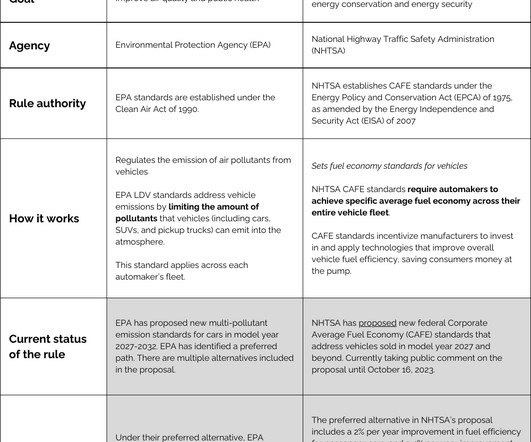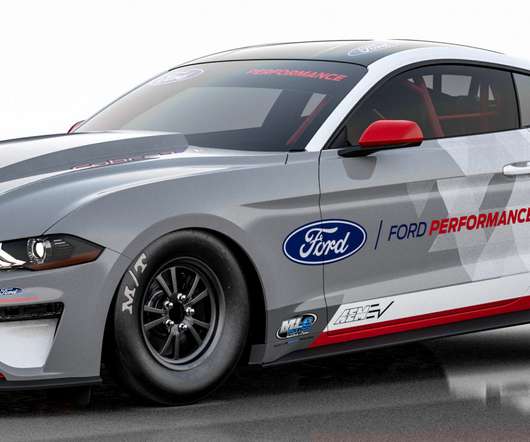Responsible Battery Coalition and U Michigan launch study to compare electric and gas vehicle lifetime costs
Green Car Congress
OCTOBER 31, 2022
Our research partnership with RBC will enable us to conduct a more in-depth analysis of EV costs in comparison with internal combustion engine vehicles by considering vehicle type, user behavior, and where the vehicle is purchased and operated. —Steve Christensen, Executive Director of RBC. Anticipated driving patterns.



































Let's personalize your content